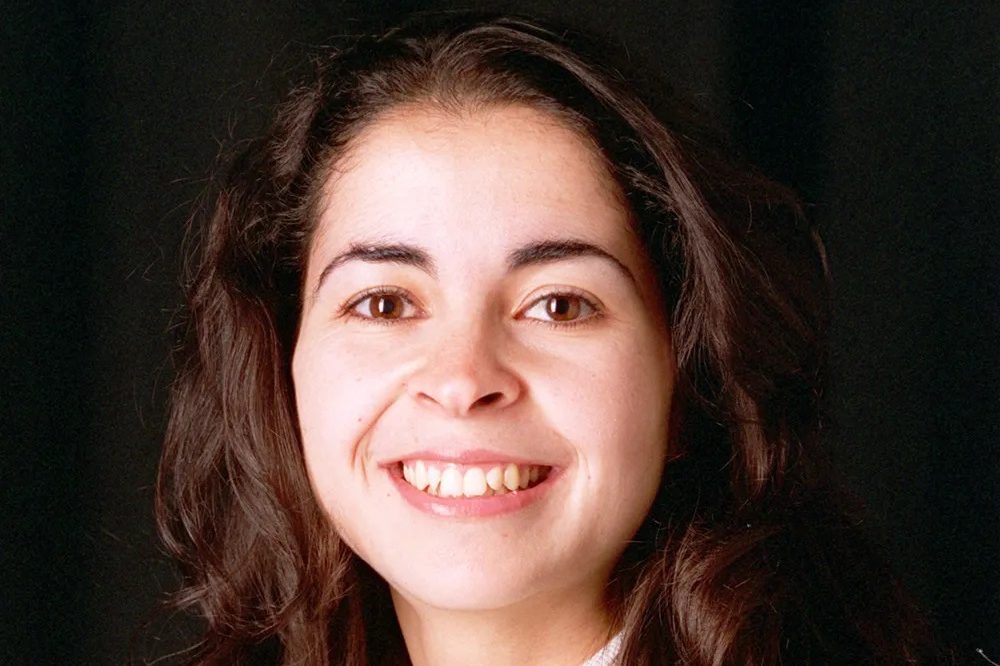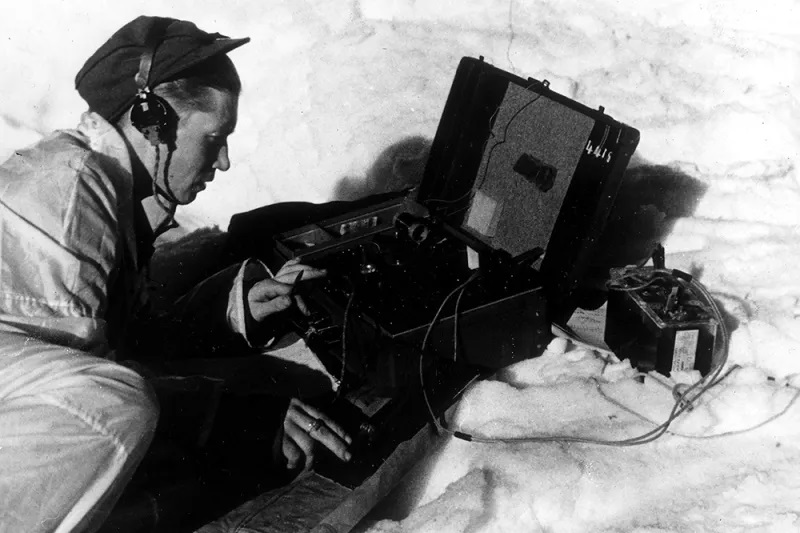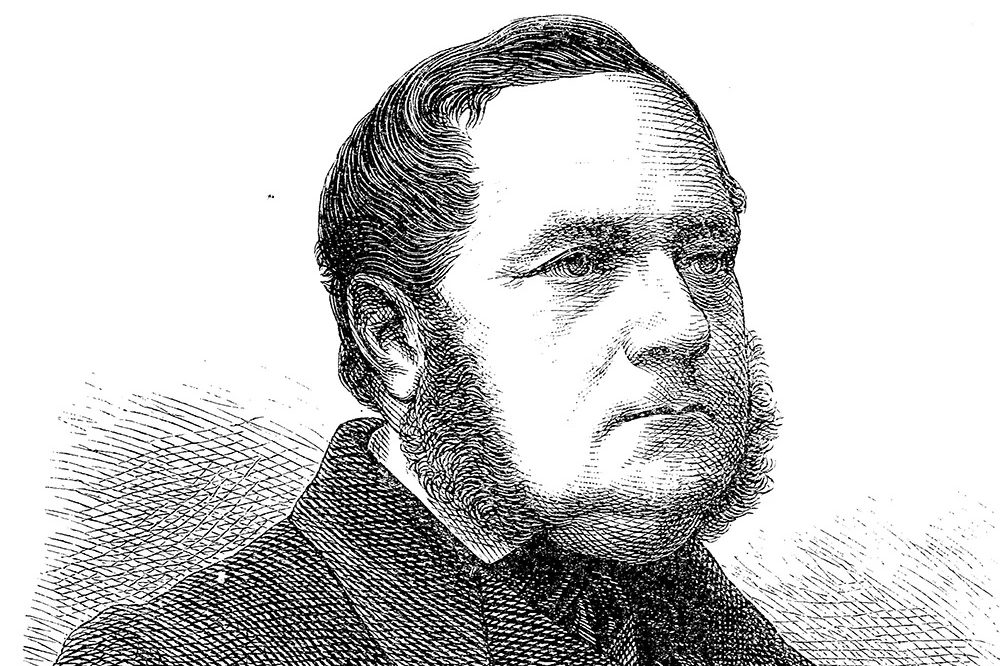Scarlett Thomas likes islands: either literal sea-girt territories or closed enclaves where this wickedly inventive novelist practices her richly enjoyable experiments in plot and form. If her recent Oligarchy found its sour-sweet spot in a grisly girls’ boarding school, The Sleepwalkers creates another insular possession: the Greek island of “Kathos,” which almost resembles Samos. Here, within sight of the Turkish coast, the newlyweds Evelyn and Richard arrive as late-September storms brew to undergo their honeymoon from hell.
Ever since novels such as Bright Young Things (also island-set) and PopCo, Thomas has known how to fuse an acidly satirical streak of observation with storytelling artifice that keeps her readers pleasurably unsettled and alert. So it’s apt, but amusing, to find the publisher’s blurb comparing this pungent slice of ripe Mediterranean Gothic with HBO’s resort romp The White Lotus. The Sleepwalkers features a visiting movie producer who demands: “You gotta make it clearer what actually happened.” But Thomas insistently and cleverly shows that a novel can do what a series screenplay can’t or won’t.
Villa Rosa memorably joins fiction’s long register of horror hotels
What does happen? We eventually find out, but only via thorny, winding island paths. Evelyn is a writer-performer whose edgy one-woman show rocketed from fringe to screen until a Twitter pile-on snuffed out her career “like a campfire in a sudden downpour/” Richard, whose wealthy parents Evelyn once served as a housekeeper, makes a mint in hedgie-type finance. After a wedding “cursed” by an incident we must wait to learn about, the couple share a sort of pre-honeymoon in the company of Richard’s sinister schoolmate and best man, Paul. Then they roll up at the elite hideaway Villa Rosa. There the seductive but creepy owner Isabella tells them about the sleepwalkers — a devoted older couple who drowned one night as the wife tried to save her wandering husband.
Du Maurier, Highsmith, Hitchcock: a crowd of generic ghosts hover over this beach as the “fabled storm” nears, then strikes. Thomas makes entertaining mischief with some familiar motifs. “Everyone has a massive secret,” Evelyn believes, and this plot tugs us step by step into “the swirling waters of the unsayable.” The island’s refugees, such as fragile Hamza from Turkey, add a topical frisson to the English agonies of sex, class and cruelty as Evelyn and Richard’s poisoned hinterland emerges. While the refugees endure squalid camps, the privileged tourists are “imprisoned on the island” of their past. Villa Rosa, meanwhile, with its witchy proprietor and an all-knowing “dapper little man” in the shadows, memorably joins fiction’s long register of horror hotels.
However grim the weather gets, as webs of exploitation come to light, Thomas tells her story with the craft and cunning of an Aegean sorceress. First Evelyn pens a testament for Richard; then he recounts his anguished version of events. Fragments of letters and audio files, filched by the “dapper little man,” yield revelations but also leave key gaps: lacunae, in theory-speak. If this formal dexterity has a downside, it lies in a tendency to compress character and motive using shorthand signals. How many toxic boys, damaged and damaging, have we met on page or screen of late?
The film producer, who refuses an option on the sleepwalkers’ tale (“too experimental and too dark”), enthuses about “synecdoche and metonymy” in narrative (“How you can open up one story using a totally different one”). With wit and zest, Thomas does just that: she can make metafiction not just smart but fun. Once more she earns her place in a postwar British canon of playfully serious mavericks that runs from Muriel Spark and Brigid Brophy to Nicola Barker and Ali Smith. If a streaming giant in need of seaside shocks does pursue The Sleepwalkers, let’s hope they get — and keep — the genre-bending jokes.
This article was originally published in The Spectator’s UK magazine. Subscribe to the World edition here.


























Leave a Reply